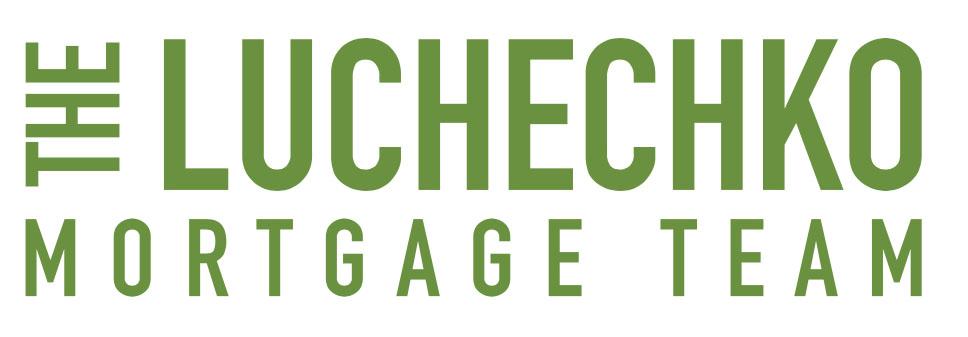Why should I get pre-approved?
There are several reasons:
You will know how much loan you qualify for.
You will know how much your estimated payments would be. Sometimes, even if you qualify for more, you would like to keep your payments lower because of other obligations.
Most real estate agents (especially the good ones) will not show your properties till they are sure you are pre-approved for a mortgage.
Sellers won’t consider your offer to buy, till a pre-approval letter is attached to the offer.
If there are any red flags, it gives you time to work on it and correct it before you buy a house.
Get Pre-approved for a Mortgage. Luchechko team offers an easy way for a mortgage process. It’s obviously a good idea to get your paperwork prepared ahead of time so that the pre-approval process is as thorough as possible.In order to get a pre-approval letter, you’ll start by filling out a loan application and submitting a few documents for the loan officer and / or underwriter to review.
Common Loan Pre-Approval Documents:
Income / Assets for Wage Earner:
Last 2 year W2s and Tax Returns
2 most recent Pay Stubs
2 most recent Bank Statements, 401(K), Liquid Assets, Investment Accounts
Income / Assets for Self-Employed:
Last 2-year Tax Returns – Business and Personal
Last Quarter P&L Statement
Letter of Explanation For:
Employment Gap or New Line of Work
Late Payments / Judgments / Bankruptcy on Credit Report
Other:
Bankruptcy Discharge
Child Support Documentation
Lease Agreements (If own other Rental Properties)
Mortgage Payment Coupons (If own other Real Estate
The average consumer enters into a purchase contract to buy a home for at least 30 days. Pricing on an interest rate locked in for a 7-day period is of no use to most prospective home buyers. It simply isn’t enough time to complete the transaction. While the billboard advertising or Internet banner ad may boast a terrific rate, the lock-in period is often not realistic in terms of providing enough time to negotiate a purchase contract and close the deal.
So, be very careful when shopping for interest rates. Make sure that when you are quoted a rate, you are asking the broker what the lock duration is. Make sure that the lock period allows you enough time to complete your purchase transaction.
Additionally, the consumer must take into consideration that the interest rate is not the only important factor in obtaining financing. Another equally important question to answer is, “How long do I need to borrow this money? The length of time you need to borrow the money has a profound impact on whether or not you should be paying upfront fees (points), and likewise has bearing on your loan program selection. Call Lucehhcko team for the best mortgage rate on the market! 


